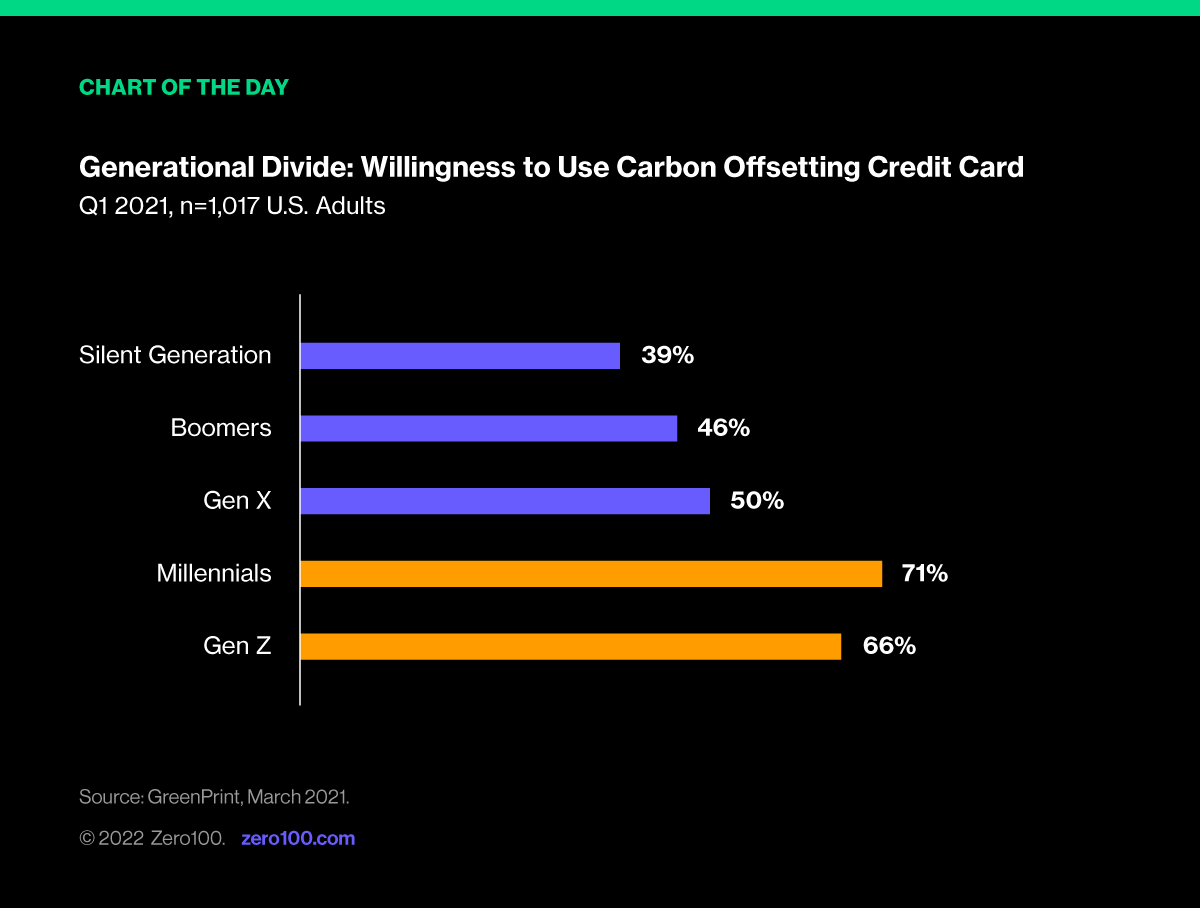Food Fight!
Unilever vs. Terry Smith (CEO of Fundsmith with $38B under management) has been lots of feud-baiting fun for the business press lately, as the debate the investment appeal of sustainability in business. An ensuing escalation led by Blackrock CEO Larry Fink ($10T under management) offers a cozy smokescreen that in fact, ESG investing is the answer and that sustainability as a corporate mission is right, as well as righteous.
Hogwash, says former Blackrock CIO for ESG investing, Tariq Fancy: “it's all marketing and PR for the most part...” Fancy wants government to “catalyze the private sector”, largely dismissing Finks' message as the equivalent of expecting “sportsmanship” to keep big time sports programs in line as they chase championships.
Don't Expect Either Investors or Government to Save Us
Confusing? Yes, but it all boils down to where the incentives come from to drive society toward a carbon free future, and as much as I like what Larry Fink says, I don't think investor activism is the answer. I also have zero confidence that big governments anywhere – the US, the EU, China, you name it – have the credibility or capability to get it done before nature forces our hand as a species.
Consumer Driven Sustainability is the Answer
What about you? You, the consumer that is. You have the power right now to go out and buy more Hellman's mayonnaise to show Terry Smith that Unilever has not lost the plot. In fact, if retired Unilever CEO Paul Polman was right about his push to lead with sustainability, you'd all be stocking up on Unilever brands right now. You also have the power to choose flights that are lower carbon, clothes that are sustainably made, and of course, electric vehicles galore.
ESG investing is a good idea if, in the long run, we as consumers embrace sustainability and drive better growth for brands that lead. In the process, consumers can also help business realize related benefits of lower risk (shorter, more local supply chains, better last mile logistics and reliable returns) and, maybe biggest of all, immunity from regulatory crackdowns that will eventually come once governments start to consolidate their currently fragmented power to lead. A virtuous consumer-led circle that some like Larry Fink seem to believe in.
Detailed Supply Chain ESG Information is the Key
The key is pure supply chain. Supply chain professionals can start this virtuous circle by giving consumers detailed, transaction level information about the ESG costs of every item they buy while they are still shopping. It's happening already with smart shelves, QR codes on some labels, and item-specific carbon scores on ecommerce buy pages. So far, it's still mostly a SKU level thing which means the carbon accounting is shaky at best, but it's a big step in the right direction.
Better still will be the point at which years of work trying to refine supply chain carbon accounting right down to delivery is mapped to each specific order or purchase with item-level tagging, as is being done in Nestle's coffee business with permissioned blockchain built with help from IBM and Amazon Web Services. When this happens and consumers can see exactly what their personal supply chain looks like in ESG terms, we will finally move past the marketing-led awareness stage of collecting NGO badges to decorate our labels.
Will consumers actually do this? Most say they will, and it's become an article of faith that the young are champing at the bit to reinvent the way we consume before it's too late. I expect this phenomenon will look in retrospect like the internet does now: years of tinkering by a dedicated minority (ARPANET), followed by a steepening explosion once people grasp what is possible and finally get the right tools (Netscape/AOL/Google). As soon as this happens, governments will often find regulatory intervention is too little, too late.
Winners Everywhere
In that scenario, the winners (in addition humanity of course) will be Larry Fink, Unilever, and yes, Hellman's mayonnaise.
Makes me wonder if Terry Smith is smarter than he looks. He is after all, still not selling his stake in Unilever.

Critical Reading
TITTLEPRESS
New York State Introduces the ‘Fashion Act' in Historic Step Towards Supply Chain Accountability
Commentary: Timely example of public policy triggering requirements at a regional/local level, which will have wider repercussions for everyone from LVMH to Shein.
#accountability #luxury #fastfashion
NEWSWEEK
Thanks to China, Supply Chain Will Never Recover
Commentary: Expect this opinion column to create a wedge issue on the Sunday talk show circuit—establishing the opposition view versus our latest predictions for 2022 (see China Divorce).
#china
FORBES
Why the Growth of a Second Market for Industrial Assets is Critical for the Supply Chain
Commentary: Excellent synthesis of the need to identify and invest in secondary markets, in order to establish redundant sources for motors, pumps, conveyors, heavy equipment, etc.
#b2b #industrial
